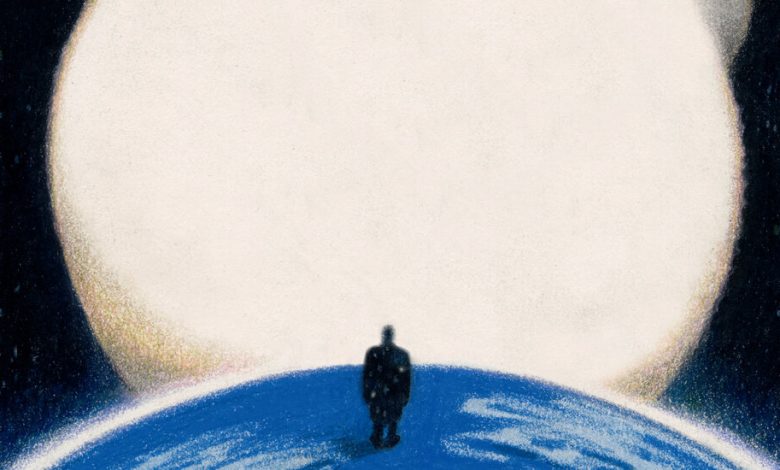Earth to NASA: You Could Use Some Philosophers Up There

The window to apply to be a NASA astronaut — a window that opens only about every four years — closes this month, on April 16. Though I’ve submitted an application, I don’t expect to make the cut.
The educational requirements for the astronaut program are clear: Applicants must possess at least a master’s degree in a STEM field (science, technology, engineering, and mathematics), a doctorate in medicine or a test pilot school graduate patch. Though I have a Ph.D., it’s in philosophy. (And though I’m an Air Force pilot, I’m not a test pilot.)
I hesitate to tell NASA its business. But I think its requirements are closing the astronaut program off from important insights from the humanities and social sciences.
Of course, the requirement for astronauts to have technical training makes some intuitive sense. NASA was founded in 1958 “to provide for research into problems of flight within and outside the earth’s atmosphere.” Who better to solve flight problems than scientists and engineers? What’s more, NASA’s space missions have long conducted science experiments to learn how plant and animal life behaves in the far-flung emptiness between us and the moon.
But the need for STEM in space might be waning — just as the need for humanities and the social sciences waxes. After all, the “problems of flight” that once tethered us to this planet have largely been solved, thanks in no small part to all those scientist and engineer astronauts who blazed the trail to space.
By contrast, the future of our relationship with the cosmos — a colony on the moon? Humans on Mars? Contact with intelligent alien life? — will require thoughtful inquiry from many disciplines. We will need sociologists and anthropologists to help us imagine new communities; theologians and linguists if we find we are not alone in the universe; political and legal theorists to sort out the governing principles of interstellar life.